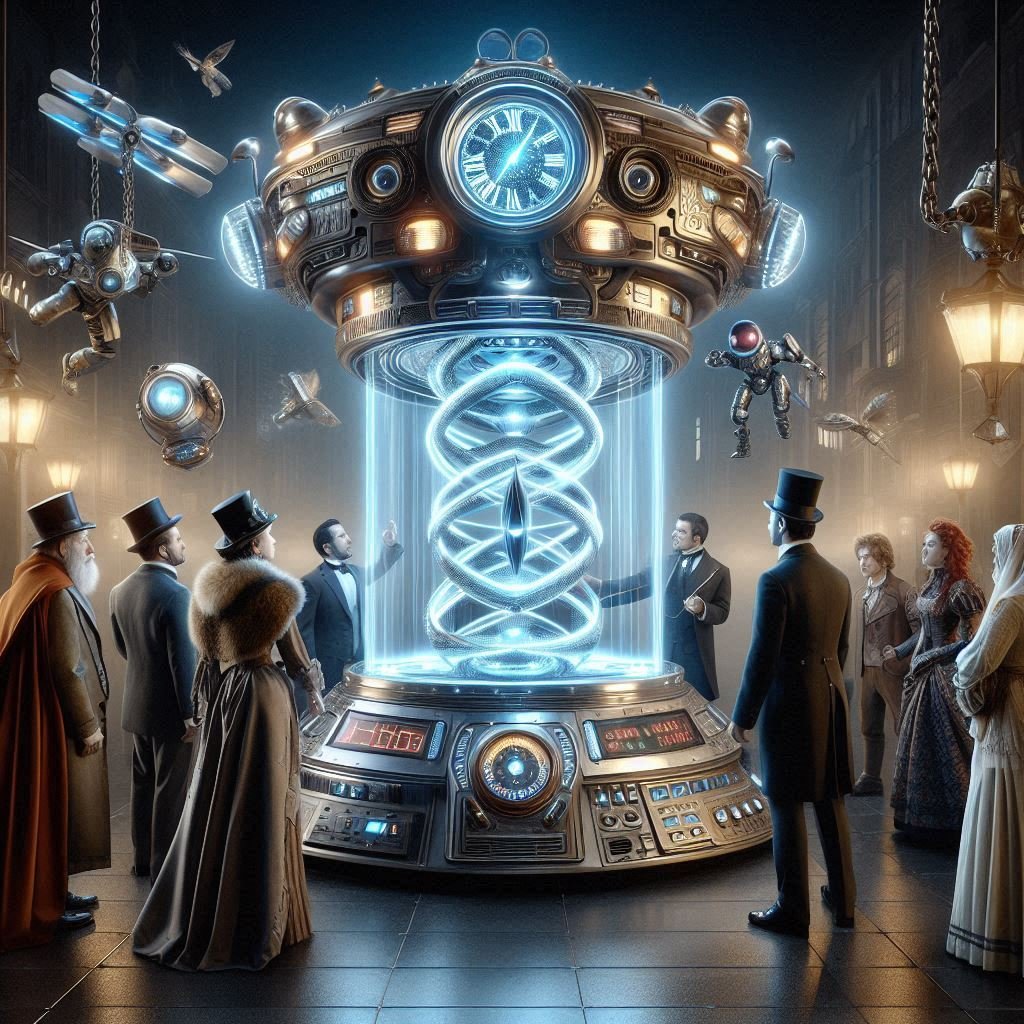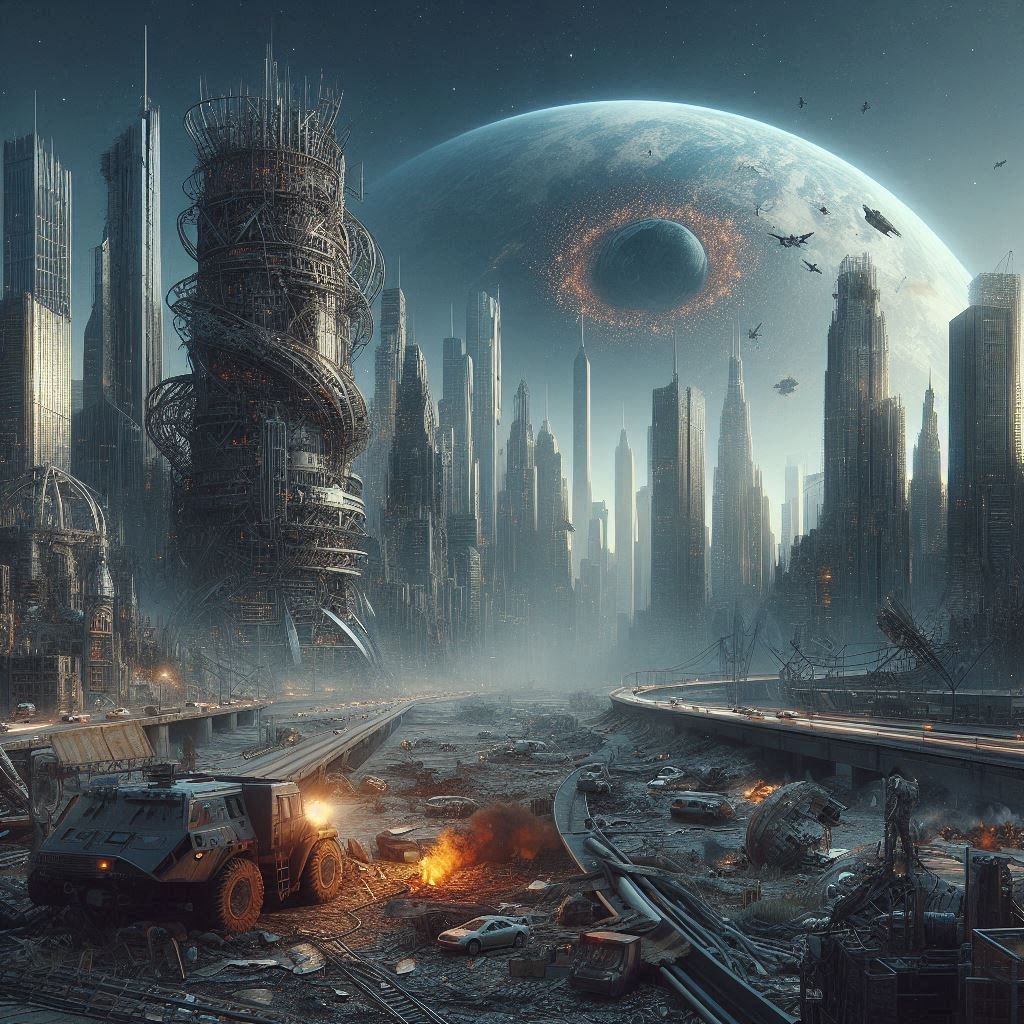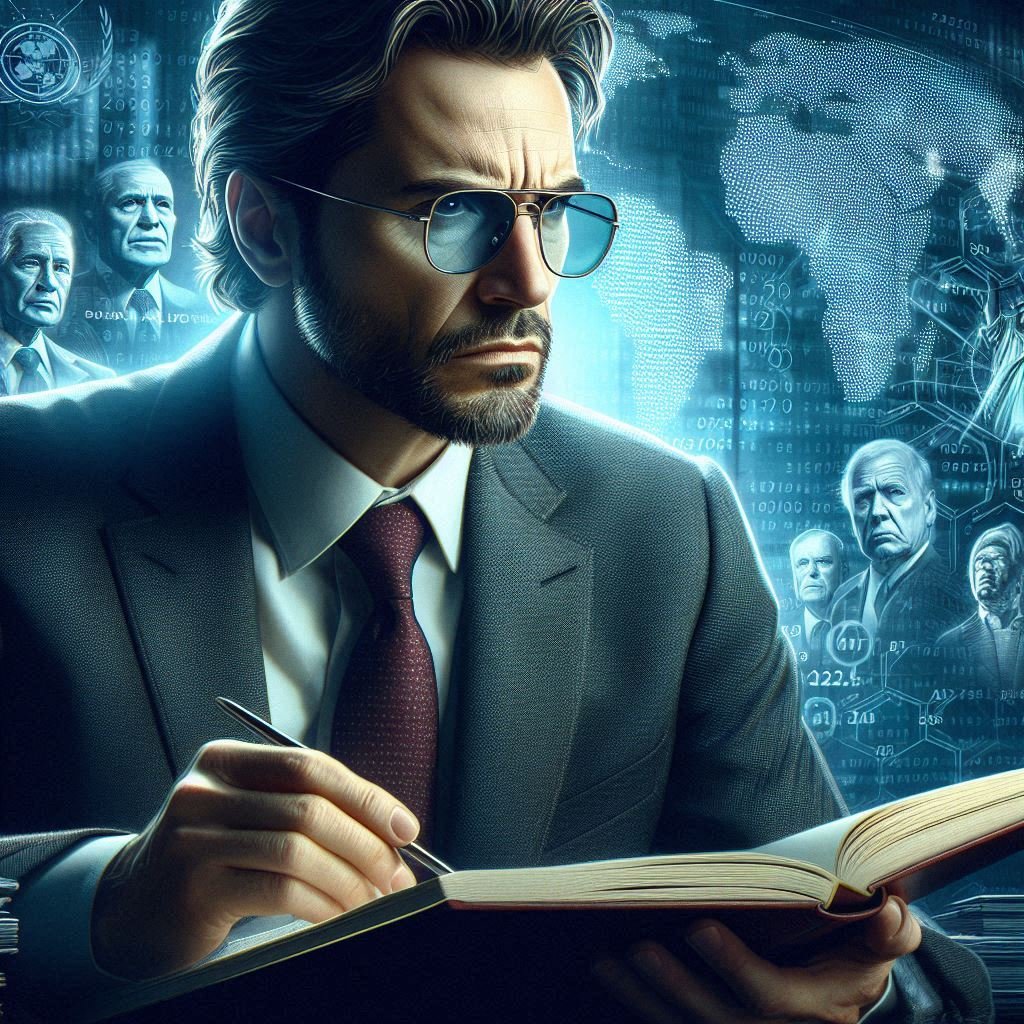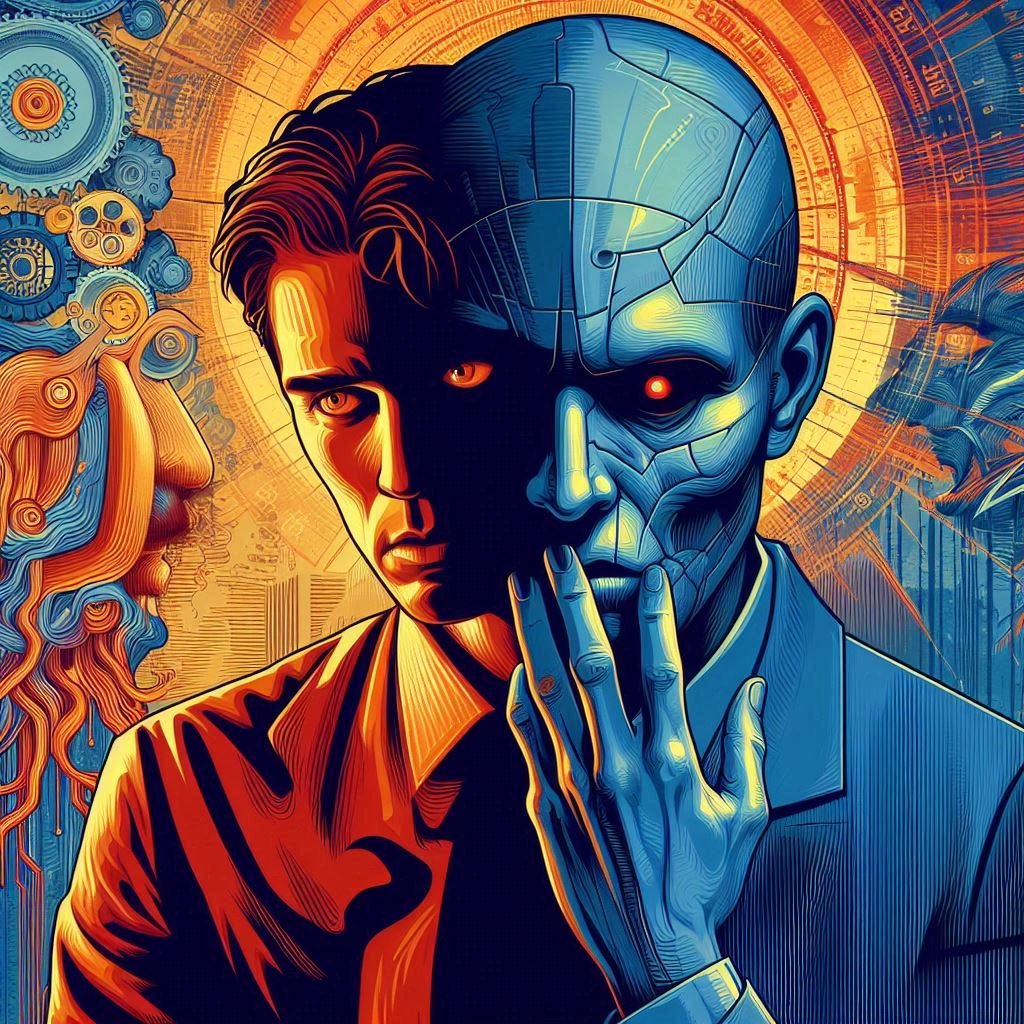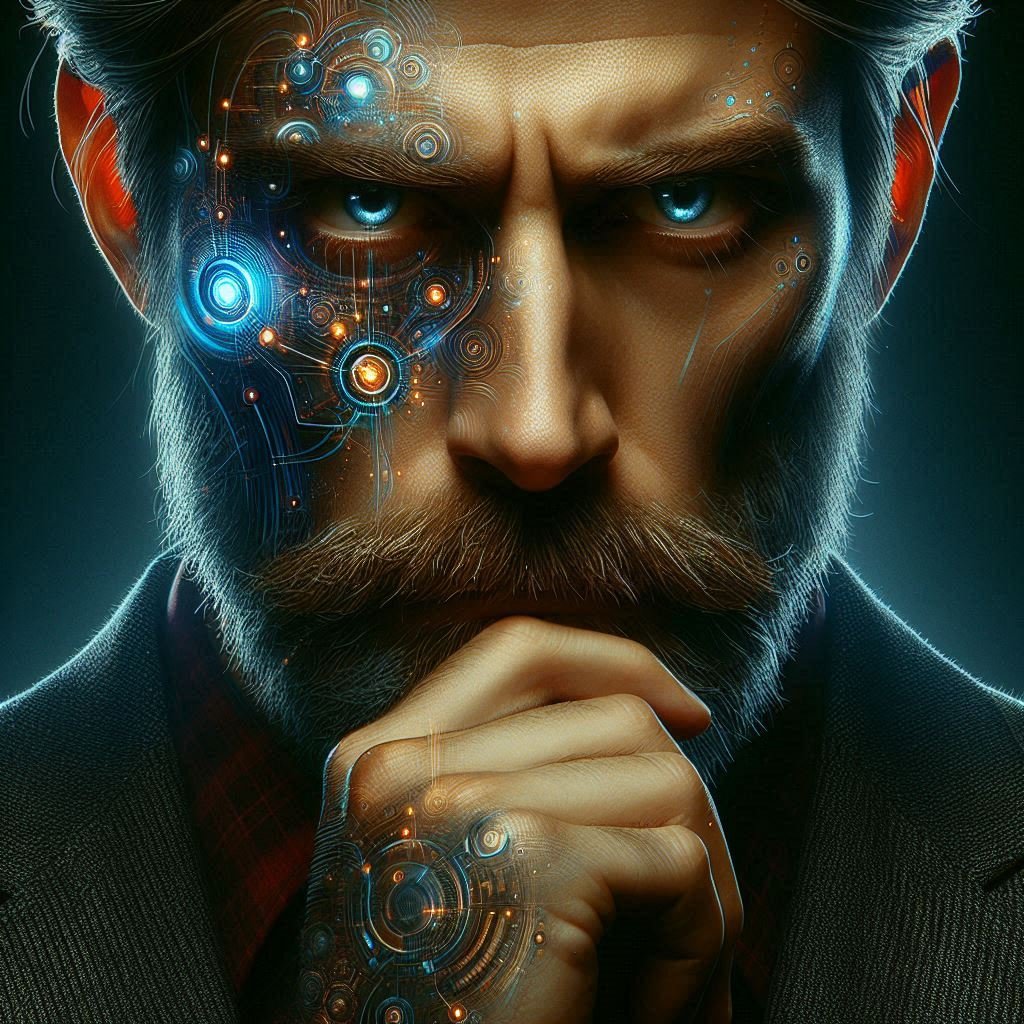Best Selling Time Travel Science Fiction Novels in 2025
Best-Selling Time Travel Science Fiction Novels in 2025 Time travel continues to captivate science fiction readers in 2025, with novels that explore this endlessly fascinating concept reaching new heights of imagination and popularity. The best-selling time travel fiction of the year spans a remarkable range of approaches—from quantum physics-based hard science fiction to magical realism that treats time as a malleable emotional experience. These stories examine fundamental questions about fate, choice, and human nature while entertaining readers with mind-bending paradoxes, emotional character journeys, and thought-provoking alternate histories. What makes this year’s top time travel novels particularly compelling is their diversity—they represent various literary traditions, cultural perspectives, and philosophical approaches to temporality. Some novels use time travel as a mechanism for personal healing and growth, while others explore its potential for societal change or existential threat. From immersive LitRPG adventures to contemplative literary fiction, this year’s best-sellers demonstrate how time travel remains one of science fiction’s most versatile and thought-provoking concepts, capable of speaking to universal human experiences while pushing the boundaries of speculative imagination. What Makes Time Travel Science Fiction So Compelling Time travel fiction captivates readers with its unique ability to simultaneously explore the past, present, and future—not merely as settings but as malleable realities that challenge our understanding of causality and determinism. Unlike other science fiction subgenres that speculate about what might be, time travel fiction examines what might have been and what could still be, offering readers the vicarious thrill of answering humanity’s eternal “what if” questions. This manipulation of temporality creates narrative possibilities unavailable in any other genre, allowing authors to craft stories that loop back on themselves, creating intricate puzzles that reward careful reading and thoughtful engagement. Beyond its narrative ingenuity, time travel fiction resonates on a deeply personal level because it speaks to universal human experiences—regret over past choices, anxiety about future consequences, and the desire to revisit significant moments in our lives. Whether through characters who seek to correct past mistakes, prevent future calamities, or simply understand their place in the flow of history, these stories offer emotional catharsis while raising profound philosophical questions about free will, destiny, and the nature of time itself. The genre’s enduring appeal lies in this unique combination of intellectual stimulation and emotional resonance, challenging readers to reconsider their assumptions about reality while exploring the very human desire to transcend the linear constraints of our temporal experience. The Current Top 10 Best-Selling Time Travel Novels on Amazon 1. Return of the Martial Messiah Book 1: A LitRPG Martial Cultivation Adventure by ToraAKR ToraAKR delivers a fresh take on time travel in this LitRPG martial arts adventure set in a richly imagined 25th century. After humanity narrowly defeated rogue AIs in a devastating war that erased centuries of technological progress, a new world order emerged—one dominated by “Old Monsters,” immortal martial arts masters with superhuman abilities. The novel introduces quantum computing-derived “time dilation” technology that allows humans to expand their subjective experience of time, effectively tripling life expectancy. When protagonist Raine KongRu—who spent thirty years as a corporate martial warrior before barely surviving—awakens in his younger body two days before signing his life-destroying contract, he gains the ultimate second chance. The blend of futuristic time manipulation technology with traditional martial arts cultivation creates a uniquely compelling premise that attracts both science fiction and fantasy readers. What distinguishes “Return of the Martial Messiah” from similar time loop or second-chance narratives is its meticulously developed post-AI war world where corporations have weaponized time itself as a means of social control. ToraAKR excels at creating a logical, consequences-driven universe where time manipulation has transformed every aspect of human society—from economic structures to combat systems. The protagonist’s temporal advantage is balanced by formidable opposition from corporations willing to “cross any line in the name of profits” who have “strangled the world into submission.” Rather than presenting time travel as a physics-based curiosity, the novel explores it as both personal advantage and societal battleground. The integration of martial arts progression systems with time-based power dynamics creates a uniquely immersive reading experience that blends futuristic speculation with the satisfaction of revenge narratives, offering both intellectual engagement with complex systems and emotional investment in the protagonist’s journey to rewrite his fate and challenge the corporate oligarchy that once enslaved him. Buy Now 2. The Book of Doors: A Novel by Gareth Brown Gareth Brown’s debut novel blends contemporary fantasy with temporal exploration through a uniquely literary approach to time travel. When New York City bookshop employee Cassie Andrews witnesses the death of a beloved regular customer, she inherits his most precious possession—a mysterious tome known as “the Book of Doors.” Inscribed with enigmatic words and drawings, the book promises that “any door is every door…You just need to know how to open them.” This premise elegantly establishes both the time travel mechanism and the novel’s central metaphor: doors as portals between temporal spaces, between possibilities, between lives. The arrival of Drummond Fox, a Scottish librarian who guards rare volumes with extraordinary powers, pulls Cassie into a hidden world of “Special Books” and those who would kill to possess them. Brown creates mounting tension through the pursuit of a “shadowy, sadistic woman” determined to obtain the Book of Doors at any cost. What distinguishes “The Book of Doors” from similar magical portal narratives is its thoughtful integration of literary tradition with speculative elements. Rather than treating time travel as a technological problem to solve, Brown presents it as an extension of the transformative power of literature itself—books as literal portals to other times and places. The novel excels at creating a sense of wonder around ordinary objects and spaces, suggesting that the magical is hidden within the mundane for those who know how to perceive it. Brown’s greatest strength lies in balancing contemporary urban fantasy elements with timeless questions about choice, destiny, and the power of stories to shape reality. By focusing on the human connections formed across temporal boundaries rather than the mechanics of time
